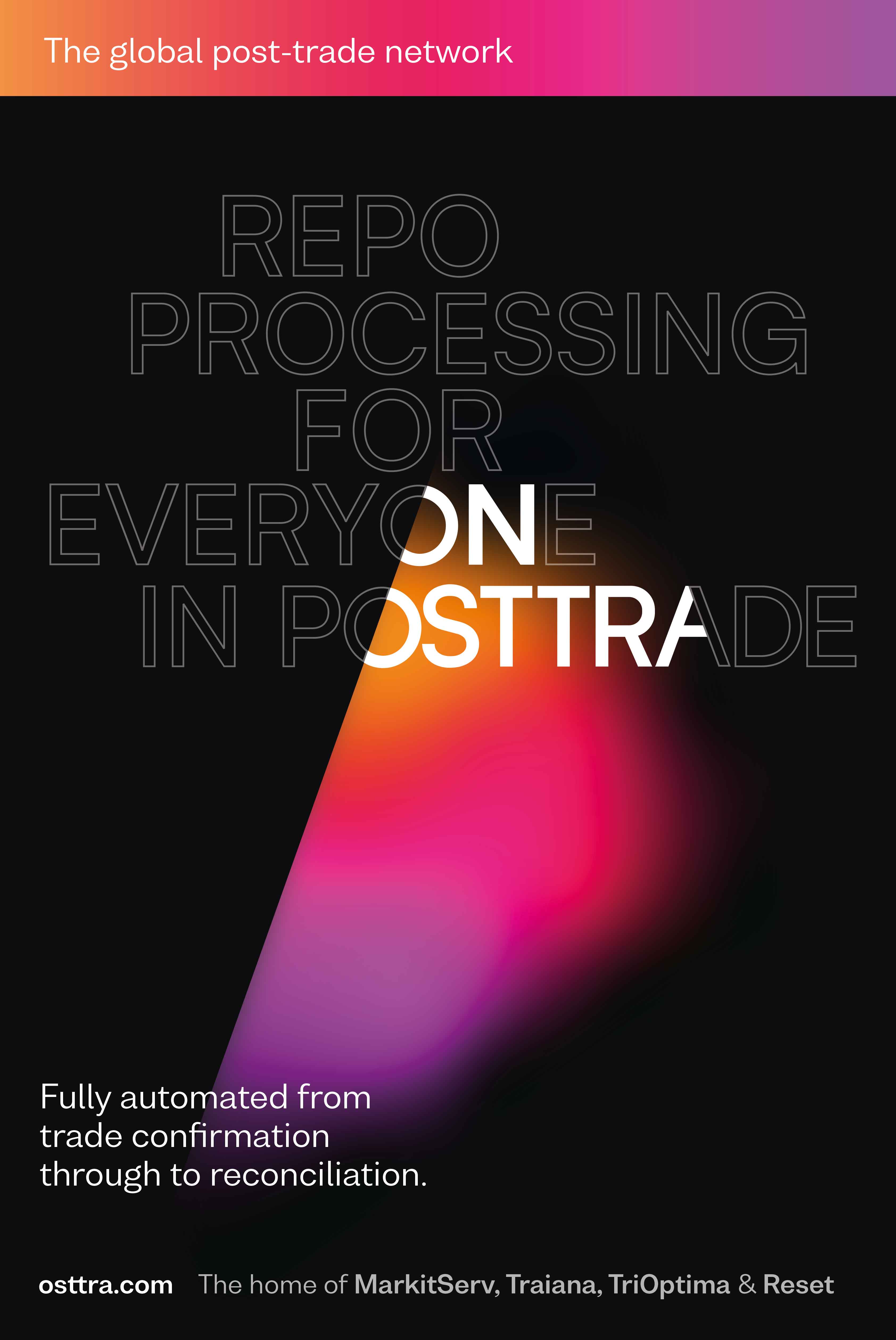The Security and Exchange Commission (SEC) has proposed changes to how investment managers report their proxy votes.
During a commission meeting, SEC chair Gary Gensler introduced two main recommendations; firstly, managers should report their votes on executive compensation matters to investors on Form N-PX; and secondly, amendments should be made to Form N-PX to enhance the information mutual funds, exchange-traded funds and others funds report about their proxy votes.
The proposed rulemaking will require funds to tie the description of each voting matter to the issuer’s form of proxy and to categorise each matter by type to help investors identify votes of interest and compare voting records.
It will also prescribe how funds organise their reports and require them to use a structured data language to make the filings easier to analyse, not to mention disclosing how their securities lending activity impacted their voting.
Further, the current proposals will require institutional investment managers to disclose how they voted on executive compensation, or so-called “say-on-pay” matters, which would fulfil one of the remaining rulemaking mandates under the Dodd-Frank Wall Street Reform and Consumer Protection Act.
Form N-PX was first adopted nearly two decades ago and its basic principle was to inform investors how funds voted shares held on their behalf, also known as voting proxies.
The changes have come as a result of investors' concerns surrounding the lack of readily usable information.
Gensler goes on to identify several issues surrounding Form N-PX which include; excessive length of filings; inconsistent reports on votes of the same matter from fund to fund; vague descriptions of votes; and lack of machine-readable format, which prevents investors from downloading information to spreadsheets, making it harder to analyse data.
The public comment period for these recommendations will remain open for 60 days after publication in the Federal Register.

.jpg)


